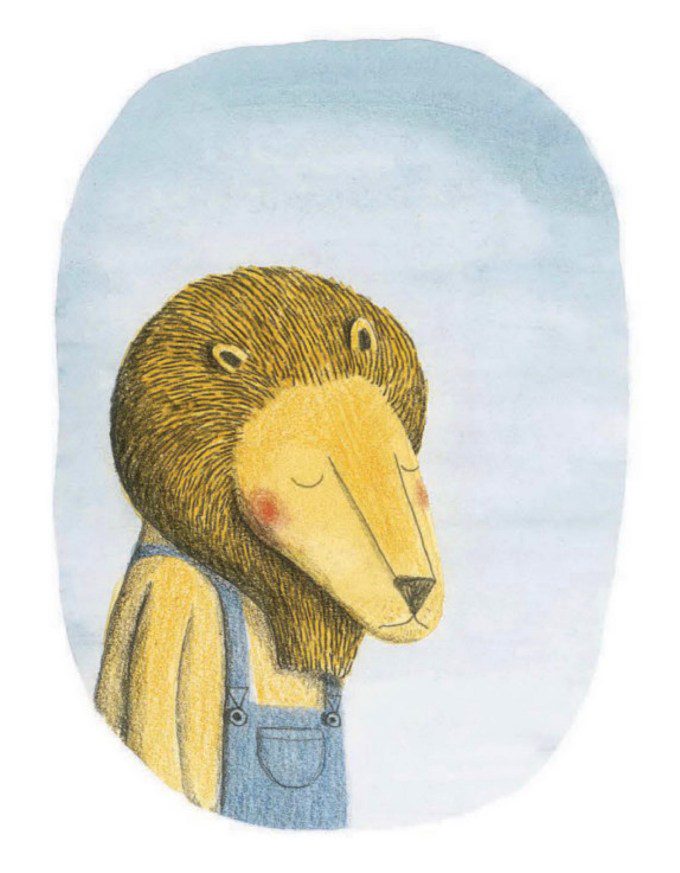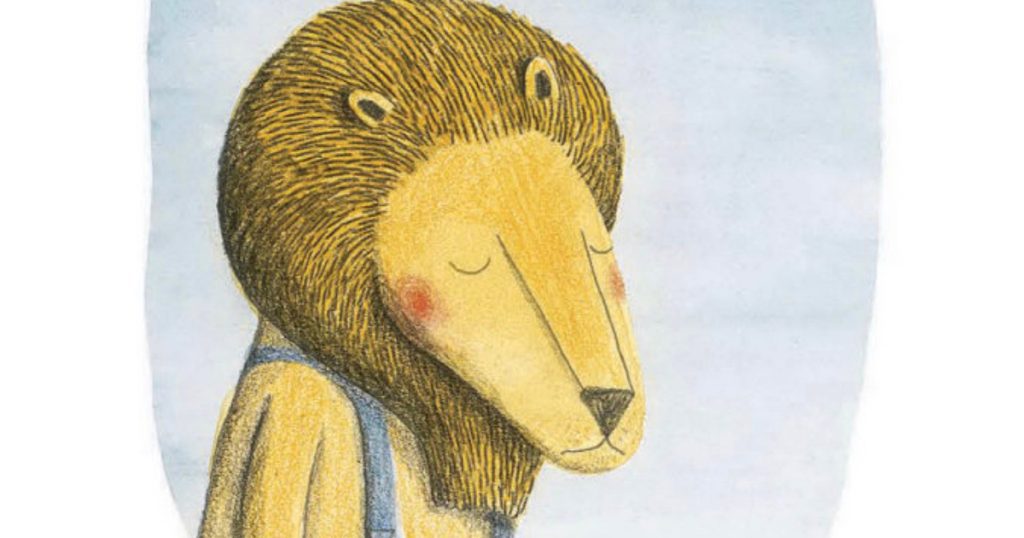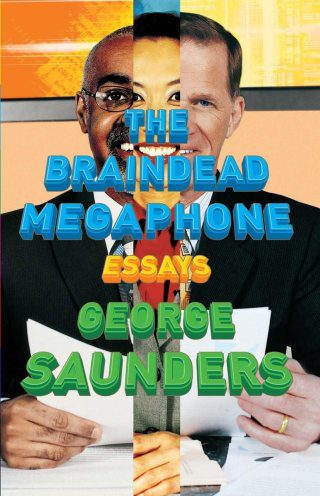The cost we face for being products of chance, born from a billion unlikely events that triumphed over the overwhelming odds of nothingness and eternal darkness, is the acknowledgment of our complete cosmic powerlessness. We have different ways of dealing with it — like prayer, violence, or routine — and yet we are unable to prevent accidents, the pain of loss, or the drift of galaxies.
Because our ability to make choices is so limited compared to the vastness of chance, nothing haunts human life more than the outcomes of our decisions, and nothing causes more agony than the regretful desire to have chosen more wisely and courageously — the missed opportunity, the love not pursued, the unkind word instead of tenderness. Regret — the preserved teeth of should have embedded in the living tissue of is, sharp with grief, cruel with self-condemnation — could be the ultimate suffering we are capable of. It corrupts the entire essence of existence, as it thrives on the core of our being — time, chaotic and irretrievable. It pulls at our longing for, in James Baldwin’s perfect words, “reconciliation between oneself and all one’s pain and error,” and stings with the reminder that eventually “one will oneself become as irrecoverable as all the days that have passed.”

Therefore, there is no stronger antidote to unhappiness than living in the present in a way that prevents regret in the future — with honesty, humility, and wholeheartedness.
That's what George Saunders reflects on in some beautiful passages from his prophetic 2007 collection of essays The Braindead Megaphone (library).
In one of those tangents that give the essay its intricate beauty, he writes:
You know that feeling at the end of the day, when the anxiety of that-which-I-must-do falls away… That moment when you think, Oh God, what have I done with this day? And what am I doing with my life? And how must I change to avoid catastrophic end-of-life regrets?
[…]
At the end of my life, I know I won’t be wishing I’d held more back, been less effusive, more often stood on ceremony, forgiven less, spent more days oblivious to the secret wishes and fears of the people around me.
In a sentiment he would later expand on in his poignant 2013 Syracuse commencement speech, he adds:
So what is stopping me from stepping outside my habitual crap?
My mind, my limited mind.
The story of life is the story of the same basic mind readdressing the same problems in the same already discredited ways.
In a wonderful aside from another essay, he presents what may be the best method for escaping the mind’s repetitive and limiting narratives:
Don’t be afraid to be confused. Try to remain permanently confused. Anything is possible. Stay open, forever, so open it hurts, and then open up some more, until the day you die, world without end, amen.
Pair with artist Maira Kalman’s illustrated reflection on how to find happiness despite regret and Ellen Bass’s exceptional poem “How to Apologize,” then reread George Saunders on the bravery of uncertainty.




